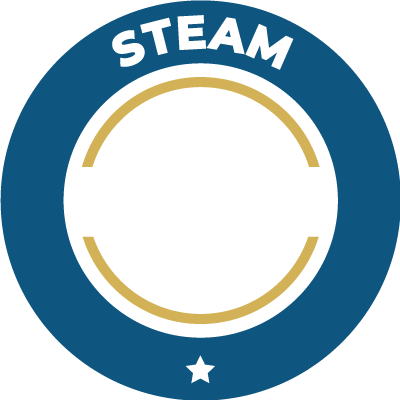The Zipping Into Ecotourism immersion allows students to build a model recreational zipline using slope and similar triangles, then calculate the acceleration of their passenger carrier using a PocketLab.
The PocketLab is a device that can measure motion, orientation, altitude, light and magnetic fields.
Students work collaboratively as they solve the real-world problem of installing a zipline course at Seneca Rocks State Park.
Key Topics: similar figures, slope, g-force, unit conversion, physical science, data interpretation
Sign up for your classroom immersion experience today
Key Topics: similar figures, geometry, unit conversion, physical science, data interpretation.
Agriculture, Food, & Natural Resources
Science, Technology, Engineering & Math
Hospitality & Tourism
Law, Public Safety, Corrections and Security
Architecture & Construction
"Students learn formulas, theorems and concepts, in math class, but it's not 'real' to them. Your lesson motivated them by making it more concrete. They actually got to use the math they were taught."
"What I see about this is students who are not usually motivated are really interested
and engaged."
- Wirt County High School, Special Education Teacher
Immersion Agenda
- Pique interest with a short introduction.
- Examine high-interest examples of ecotourism and outdoor recreation.
- Briefly discuss and review relevant concepts.
- Detail safety precautions.
- Students work collaboratively using design thinking to build their ziplines and Lego carriers.
- Groups use the PocketLab to collect data and test their ziplines.
- Students reflect on their work.
- Short whole group discussion recaps successes, difficulties, and unexpected events.
- Possibilities for "What's Next?"
